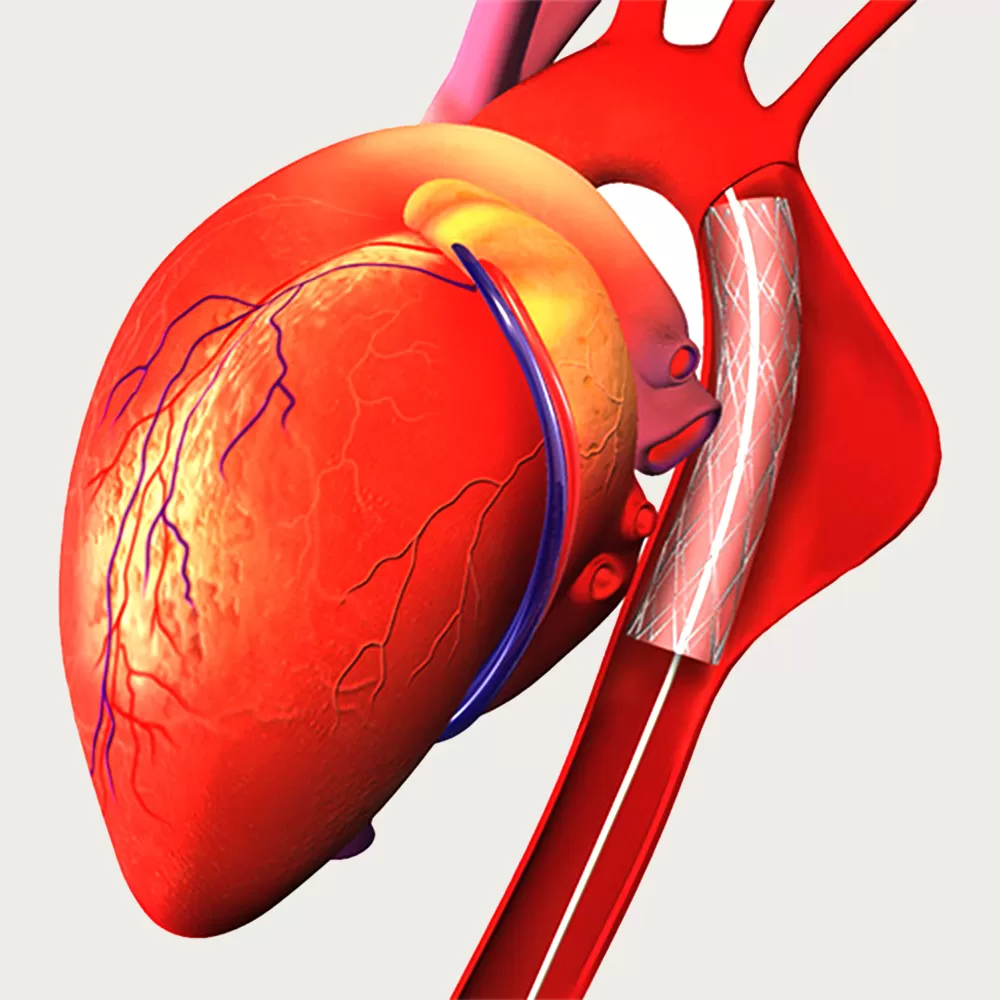Heart health plays a key role in overall well-being, yet signs of potential heart problems can often go unnoticed. Fatigue, chest pain, shortness of breath, and irregular heartbeats are some common warning signs. Addressing these signs early can prevent more serious health complications down the road. Here are a few key symptoms and indicators that suggest it could be time to consult a heart doctor:
Persistent Chest Discomfort
Frequent or unexplained chest discomfort is often linked to potential heart issues and warrants a trip to a heart doctor. This discomfort may feel like a sense of pressure, tightness, or pain in the chest. Sometimes, the sensation radiates to the shoulders, neck, arms, or back. Individuals experiencing symptoms like these regularly, or when performing physical activities such as climbing stairs or brisk walking, could potentially be experiencing signs of angina. Angina refers to chest pain caused by reduced blood flow to the heart.
The nature and duration of the discomfort can vary. While chest pain lasting only a few seconds may not signify heart-related problems, longer episodes or recurring pain should not be ignored. Speaking with a cardiologist is an effective way to determine the underlying causes and assess heart health.
Shortness of Breath and Fatigue
Unexpected breathlessness or a significant decrease in energy levels may indicate underlying heart conditions. If tasks such as climbing a single flight of stairs or walking short distances result in breathlessness, the heart may not be pumping blood efficiently. When the heart functions inefficiently, it struggles to deliver oxygen-rich blood to the body, resulting in symptoms such as fatigue and difficulty breathing.
These signs may also point toward conditions like heart failure or pulmonary hypertension. Fatigue is particularly concerning when it occurs without any clear reason, such as poor sleep or physical overexertion. Addressing these symptoms promptly by speaking with a specialist may uncover and treat underlying cardiovascular issues.
Irregular Heartbeats or Swelling
Heart palpitations can be described as irregular or rapid heartbeats. These may occur during periods of rest or mild activity and feel like fluttering, racing, or skipped beats. Palpitations can occur due to stress or caffeine consumption, but ongoing or severe episodes may indicate conditions such as atrial fibrillation. This condition disrupts the normal rhythm of the heart and increases the risk of stroke.
Swelling in the legs, ankles, or feet may also suggest potential heart issues. Swelling occurs when blood flow slows down and pools in the lower extremities. It can also result from fluid retention caused by congestive heart failure. Swelling paired with any of the above symptoms warrants consultation with a cardiologist to assess the issue further.
Find a Heart Doctor
Awareness of symptoms such as chest pain, shortness of breath, fatigue, irregular heartbeats, or unusual swelling helps identify potential heart problems early. Promptly consulting a heart doctor can lead to the diagnosis of underlying conditions and provide appropriate treatment pathways. Staying proactive about heart health not only helps maintain physical well-being but also prevents more severe complications over time. By addressing any of these signs promptly, individuals take an active step toward better cardiovascular health.

